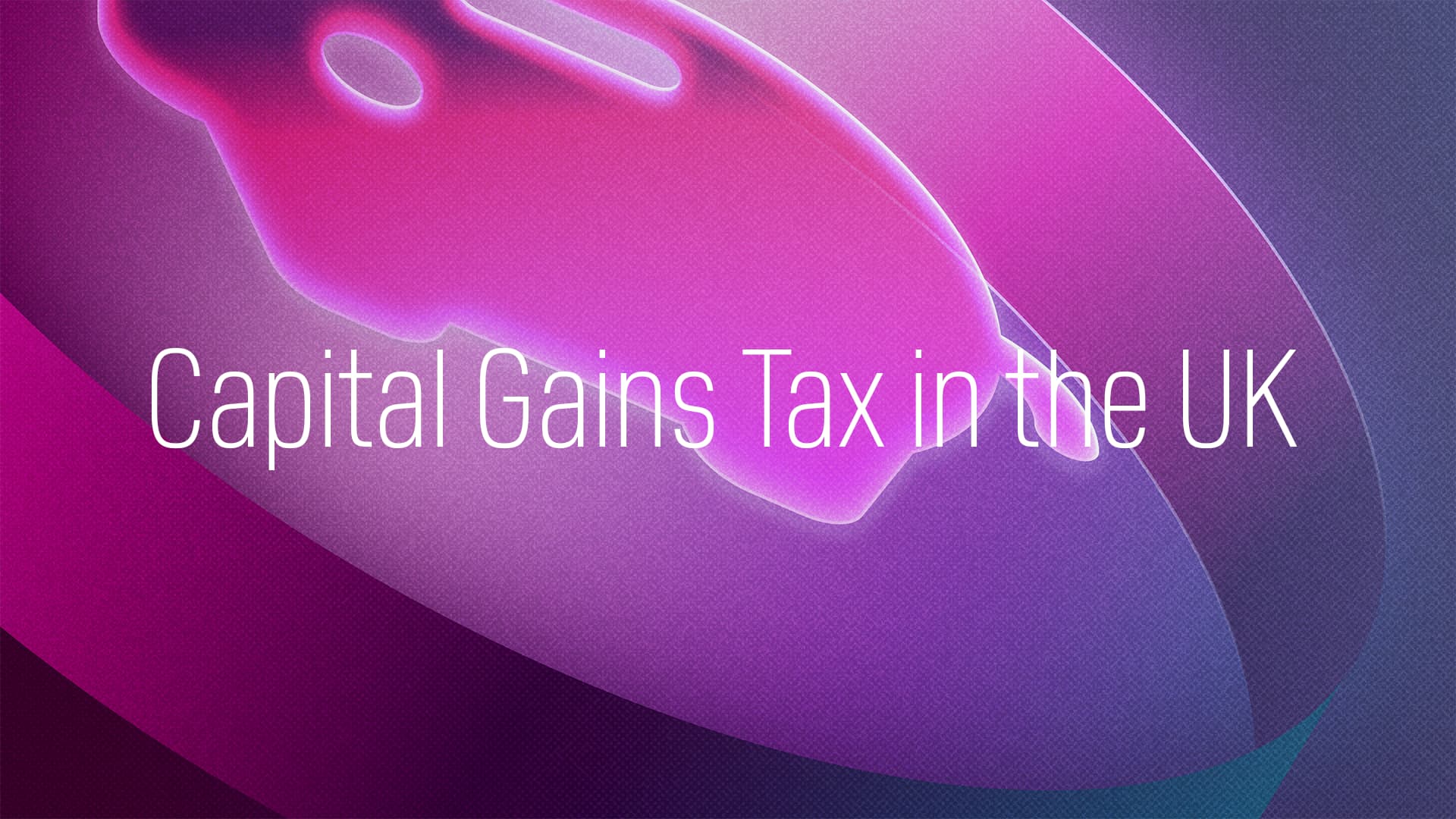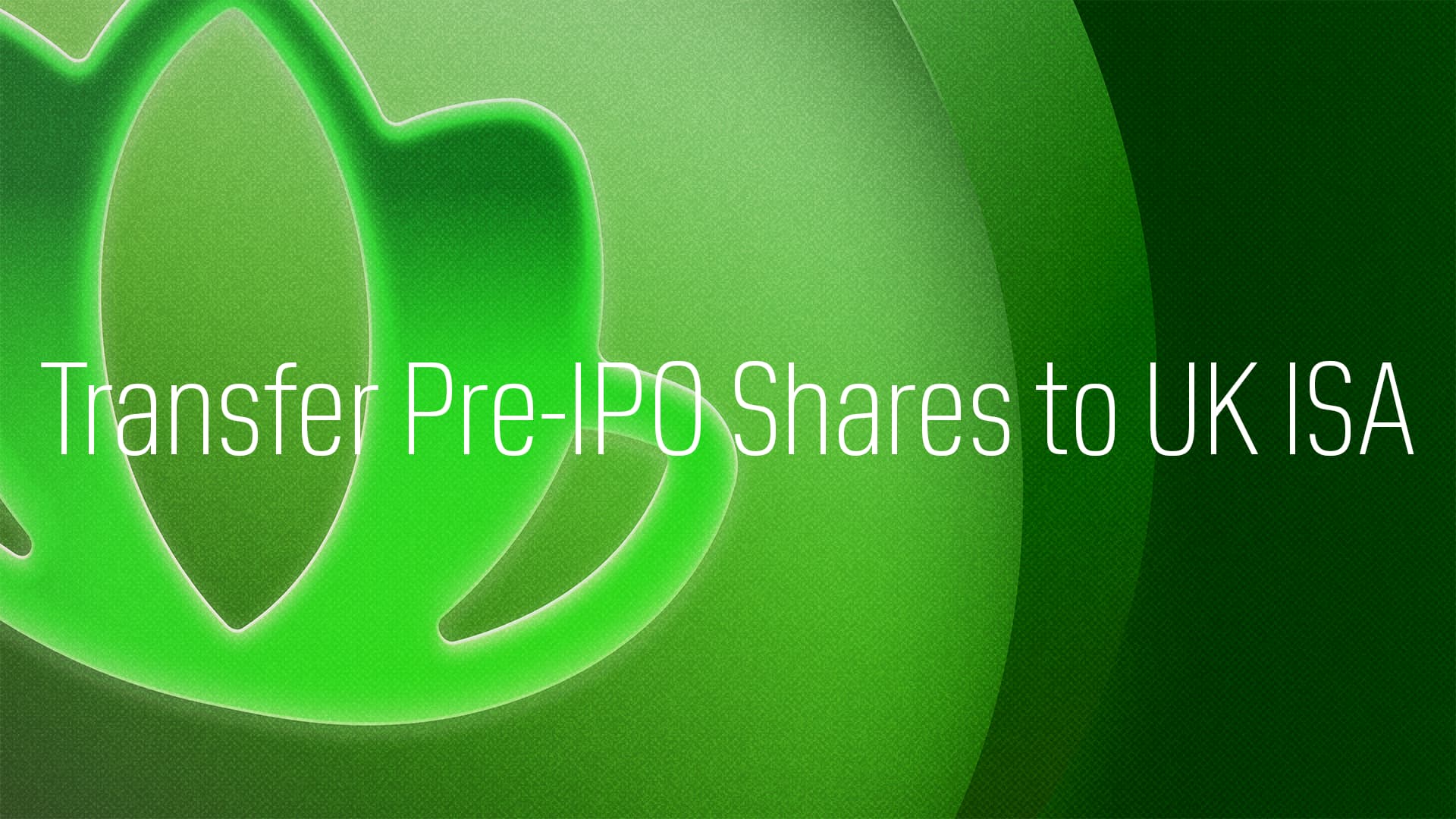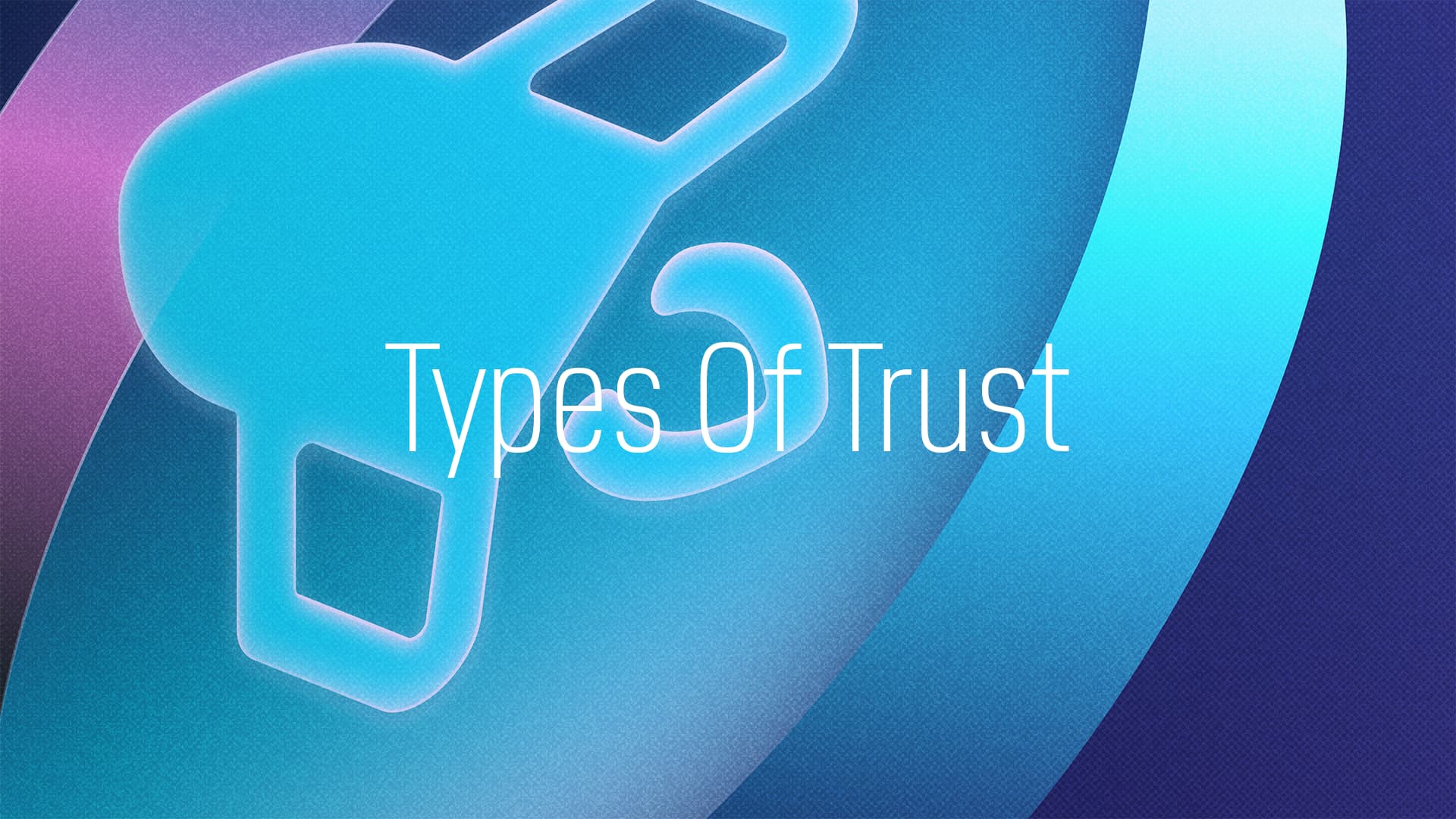Capital Gains Tax (CGT) is a vital aspect of financial planning and tax compliance for individuals and businesses in the UK. Understanding CGT, the assets it applies to, and the steps for calculating and paying this tax can significantly affect your financial strategy. Here’s a comprehensive overview to navigate CGT effectively.
Understanding Capital Gains Tax (CGT)
What is CGT?
CGT taxes the profit made from selling assets that have increased in value. It's essential to note that it’s the gain that's taxed, not the total sale amount.
Assets Subject to CGT:
- Non-primary residence properties.
- Personal possessions valued over £6,000, except cars.
- Shares outside of ISAs or PEPs.
- Business assets.
Calculating Capital Gains Tax
Determine the Gain
Subtract the purchase price from the sale price of the asset, accounting for any allowable expenses such as improvement costs or transaction fees.
Annual Exempt Amount
For the 2022/23 tax year, the tax-free allowance is £12,300 for individuals, which means gains below this amount are not taxed.
Rates of CGT
CGT rates vary based on your taxable income and the type of asset. Property and other assets may have different rates.
Steps to Take When Preparing to Sell an Asset
Record Keeping
Maintain detailed records of transactions, including dates, prices, and associated expenses, which are crucial for calculating CGT.
Preliminary Calculations
Estimate your capital gain to gauge your potential tax liability.
Consider Timing
The sale timing can influence your tax rate, especially if your income varies each tax year.
Working with an Accountant
Provide your accountant with comprehensive details about the asset, records of expenses, and income information to receive tailored tax planning advice.
Reporting and Paying CGT
Report the Gain
You must report your capital gain to HMRC, typically through a Self Assessment tax return.
Payment Deadlines
CGT is due by 31 January following the tax year end in which the gain was made.
Consider Payment on Account
For significant gains, "Payments on Account" towards your next tax bill might be required.
Additional Considerations
CGT Reliefs and Exemptions
Explore available reliefs, such as Private Residence Relief or Entrepreneurs' Relief, to potentially reduce your CGT.
Stay Updated with Tax Law Changes
Tax laws and rates can change, impacting your CGT obligations.
Seek Professional Advice for Complex Situations
Complex financial situations warrant professional advice to navigate CGT effectively and optimise your tax strategy.
Handling Capital Gains Tax in the UK requires diligent record-keeping, strategic planning, and, often, professional advice. By understanding the basics outlined in this guide and staying informed on tax laws, you can manage your assets and CGT liability in a way that aligns with your overall financial goals.




